In this article, I want to compare Amazon vs Google Play Store with a view to what they offer to indie authors. But let me get a few things out of the way before we dive into details:
You probably know that I’m an indie-author, i.e. a writer who self-publishes her books (yes, even though they mention a publishing house, which I run in my name for my books only). You might have seen that my books are available on Amazon (of course!), but also on Google, Apple, Barnes&Noble and several other stores, including the Tolino.
That is called “being Wide”.
Now, I’m Wide mostly because of principle. I dislike being beholden to one store or one source of income. I also prefer giving my readers lots of options. It is possible I’m leaving money on the table because of that, but you know, never put all your eggs in one basket and all that.
Why I only compare Amazon vs Google
All of this gives me ample opportunity to compare the stores, with an important limitation:
Amazon and Google Play Store are the only vendors I go direct with – which means I go through their interface and upload my books into their system directly. For everything else, I use a distributor called Draft2Digital.
All right, now we can take a closer look at what those two stores do for authors.
All of us know Amazon, of course. By launching the Kindle, they single-handedly created an ecosystem for authors that made self-publishing possible. Without that, we’d still be stuck with practices of traditional publishing that are stuck in the 1940s or worse.
The Google Play Stores developed much later, and for quite a while it was basically unusable for indie-authors because they played free and wild with the prices, triggering endless price-matching wars with Amazon. Once they stopped doing that, things got a lot better, and now they are quite a good alternative to the big river.
So here’s what I want to look at and show how each store handles it:
Pricing and Royalties Amazon vs Google
Amazon long ago decided that ebooks are best priced between 2.99 and 9.99, in either US Dollar or Euro. They reward authors who price their books within that bracket by paying 70% of the price in royalties. Outside that bracket, they only pay 35%. Oh, and if someone from a third country (let’s say, someone from Panama ordering from the COM store) buys your book in an Amazon store, you only get 35% regardless of how you set your price.
Google doesn’t care about a price range, making things extremely simple. They give authors 70% royalties, no matter what the price or where the books sell. That means that I earn more than double on a 99ct book on Google than I do on Amazon. And Google allows me to set a book free, which leads me to the next aspect.
Free books Amazon vs Google
I will admit that this is a very sore point for me right now, which I’ll explain a bit further in.
You see, Amazon does not truly allow authors to give books away. In the pricing interface you cannot set a price lower than 99ct.
So how do we indies set up free books on Amazon?
There are two options: Either your books are in Kindle Unlimited and you use those 5 promotion days you get every 90 days to give away your book, or you email KDP support and ask for “price-matching” after setting the book free in competitor stores (aka Apple, Kobo, B&N, or Google). Because Amazon WILL price-match your book with other vendors rather aggressively (except for free, you have to ask for that).
If you want offer your readers a free book through Amazon, you have to work for it.
Even worse, their algorithms will revert that book to full price (99ct, at the very least) about every two months. The exceptions are the US and the UK stores, but even that is not guaranteed. They did so in the middle of a paid promotion for a free book I ran last week. (Yes, I’m still miffed. *grumbles*)
Now Google just gives you the option for pricing your book at 0.00 in whichever currency you want, no questions asked, no judgment. Easy peasy.
Giveaways on Amazon vs Google
I already mentioned those 5 days where you can give away your book on Amazon, if – and that’s a big if – your book is enrolled in Kindle Unlimited. Five days in a period of three months (90 days, to be precise). If your book is not enrolled, you cannot do free, except by asking for a price-match, as I explained above.
Google on the other hand took an idea that Smashwords originally pioneered and now offers Coupons (Draft2Digital is working on those as well, now). You choose if a coupon covers the full price of a book or allows only a reduction. That means you can give away your books to people and choose exactly who gets them. Or how many you want to give away.
Even better, those coupons do not trigger the price-matching algorithm of Amazon. (Yes, they have web crawlers that look for your book on other vendors. Better believe it.)
Worldwide Reach Amazon vs Google
We all know that Amazon has stores set up all over the world, best known are those in the US and the UK, but also in several European nations. In addition, there are stores in Australia, Brazil, Mexico, Japan and India. That’s not really bad, considering this is an American business. (You also need to know that authors often only earn 35% of royalties in those “exotic” stores.)
Google doesn’t really do stores. They just offer my books in their Play Store, and I’ll simply take a screenshot showing where my books are available through them, because I’m too lazy to type it all up. Yes, they even sell in Africa. And the royalties are the same everywhere, 70% of the net price.

E-Readers Amazon vs Google
Okay, this is where Amazon still wins. Their Kindle is a very comfortable E-Reader, one that I actually like taking to bed with me to read on.
Google offers their reading App for phones and tablets (and PCs?), and that’s great. But I don’t enjoy reading on my phone (I’m getting old and my eyes aren’t what they were…) and I really don’t want to take a tablet to bed with me. So there’s that.
It does make me wonder if and when Google comes up with a cooperation for a dedicated E-Reader. Care to make a bet?
Subscription Service Amazon vs Google
Amazon does have Kindle Unlimited, and yes, that is a very good deal for avid readers. I’m almost ashamed to say that I caved earlier this year and signed up for it.
Now, Google does not have a subscription service for books, and I haven’t heard of anything in the works, either.
Having said that, subscription services are usually great for a reader and less than great for authors. The biggest drawback for Kindle Unlimited is the exclusivity – i.e. your books must not be available anywhere else. (Which is why I will not put my books into KU, sorry, readers. But I price mine low.)
It also took Amazon a few years to actually create a system that doesn’t allow massive scamming, and it’s far from perfect even now. Hardworking authors finance scammers even to this day.
This is it so far with direct comparisons. Below, I’ll go into some pet peeves of mine where I believe Amazon is absolutely failing me as an author and you as a reader and customer.
Sideloading books on Amazon looks awful now
I need to take you on a little side-tour here, because you may have heard of “sideloading” books to Amazon, maybe through a service called BookFunnel or by actually dropping them into your Kindle (or the App) on your computer, phone or e-Reader. That has become much easier since Amazon stopped using the mobi-format and switched over to epub, which everyone else had been using anyway.
Since then, those side-loaded books have started to look absolutely terrible on the Kindle, because Amazon strips away their cover. Instead, they get this cute graphic that looks like a Word document, with the title written below. This is how they appear like in my library in the Kindle App on my PC (and they look the same on my Kindle reader):
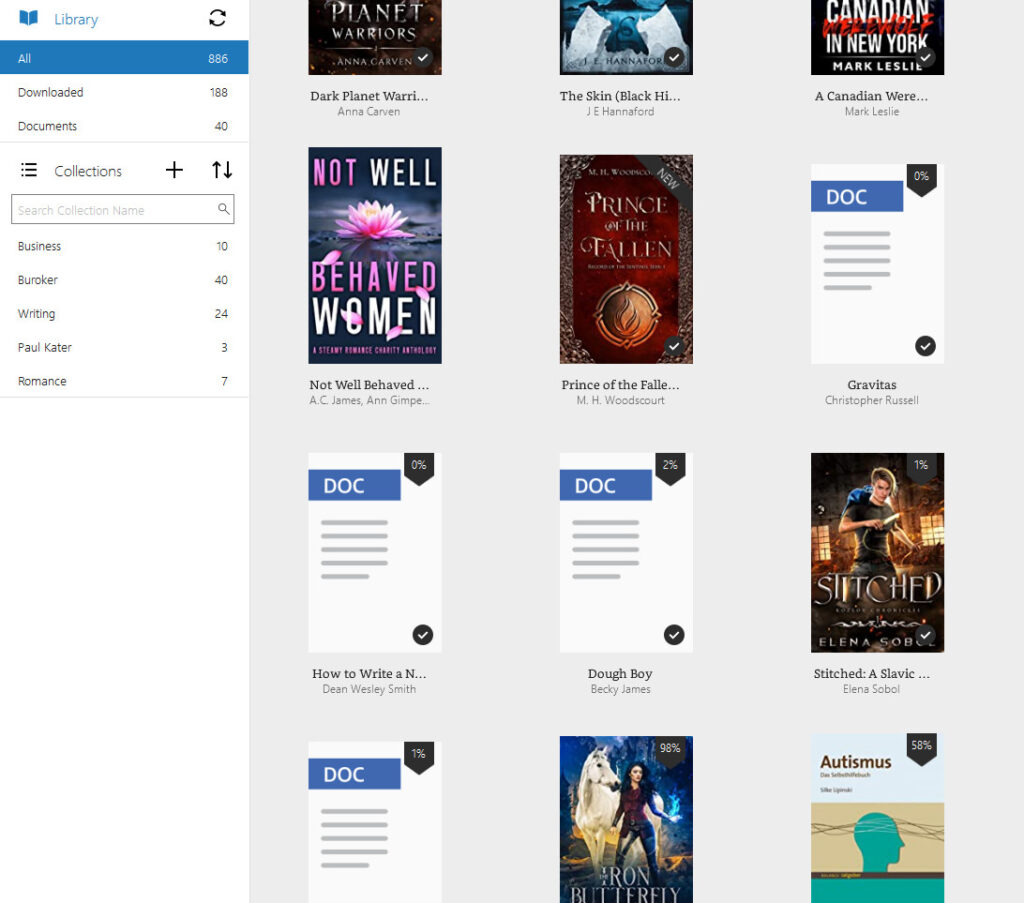
It makes me very angry because those authors have gone to the trouble of finding and paying (!) for a cover for their give-away books, and Amazon makes them look like drab documents, killing any hope of branding or recognition. It’s just awful.
The infamous Amazon Delivery Surcharge
Now this is something that Amazon can get away with because they are still the biggest seller of ebooks. And maybe this is something you didn’t know about because it only affects authors behind the scenes.
You see, Amazon charges every author money for “delivering” the ebook to the customer who bought it, when they essentially just send a copy to another server, if at all. The actual amount depends on the file size for the ebook, and especially for those of us who price books low, it can wipe out a part of our royalties. At least they don’t charge it for those books earning only 35% of royalties.
Google doesn’t do that nonsense. And honestly, I believe it’s just a way for Amazon to make more money from authors, and they do it because they can.
Those famous Amazon search algorithms? No longer good.
Ah, but we all know that Amazon is best at giving customers what they want, right?
Not anymore. Now I get handbags and jewelry in my search results, even when I tell Amazon to search for a specific book in Kindle books. And if there’s even one typo in the author name? Forget it.
Now, Google’s back bone is the search algorithm – and they do really well in putting books in front of people’s eyes. You do the math… ahem.
Conclusion Amazon vs Google
At this point in time, I’m starting to believe that Amazon is no longer the best opportunity for authors. It costs us more to do business on Amazon than on Google. The reach is less. Amazon hobbles our marketing. And the restrictions are much worse. Alas, Amazon is still the biggest store.
So, I don’t believe Amazon will go away anytime soon, nor will authors stop selling books through them. All I’m saying is that there might finally be competition around that possibly could impact Amazon.
In fact, I am hoping that the competition that Google is shaping up to be could actually force Amazon to abandon some of their business choices that are actively hurting indie authors now. Only stiff competition can do that, and for the first time ever, I can see it on the horizon.
Newsletter Sign-up!
Yes, I’m putting this at the bottom of every article because I hate pop-ups. So I won’t shove one into your face, but I’m still going to offer you the opportunity to hear about my writing, my books, my reading recommendations and my (maybe somewhat famous) little dragon sidekick called Ember once a month (on the 13th, because I love that number).
Sign up here: Ember Alert!

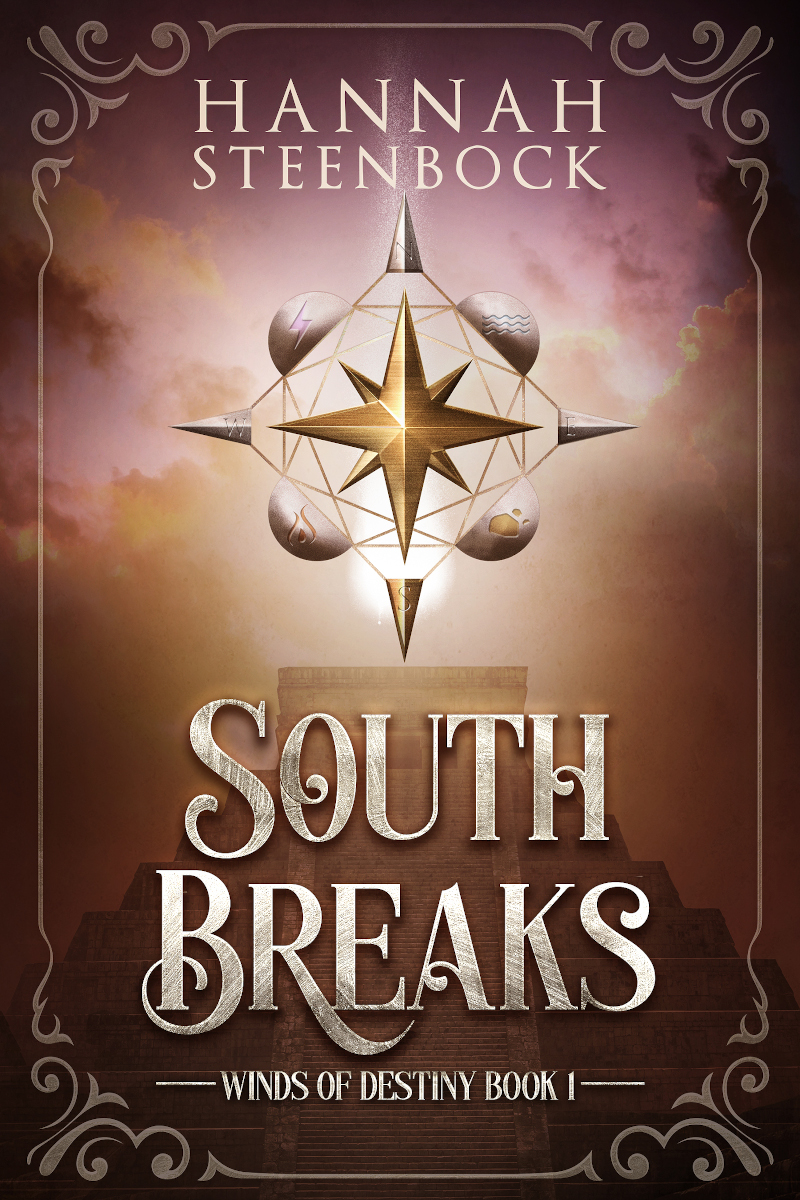
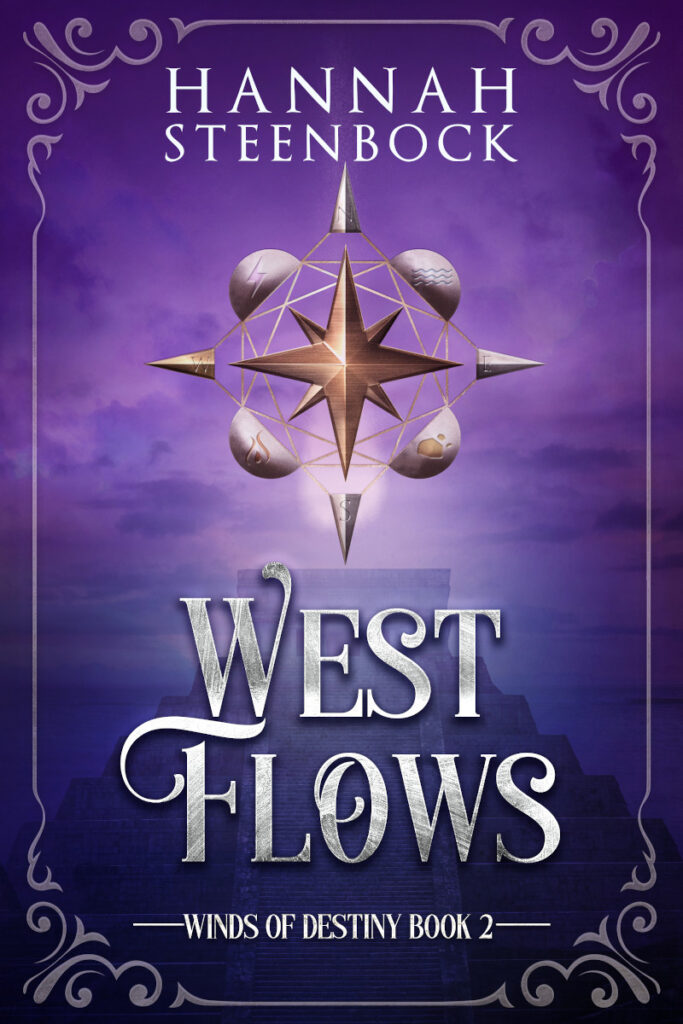
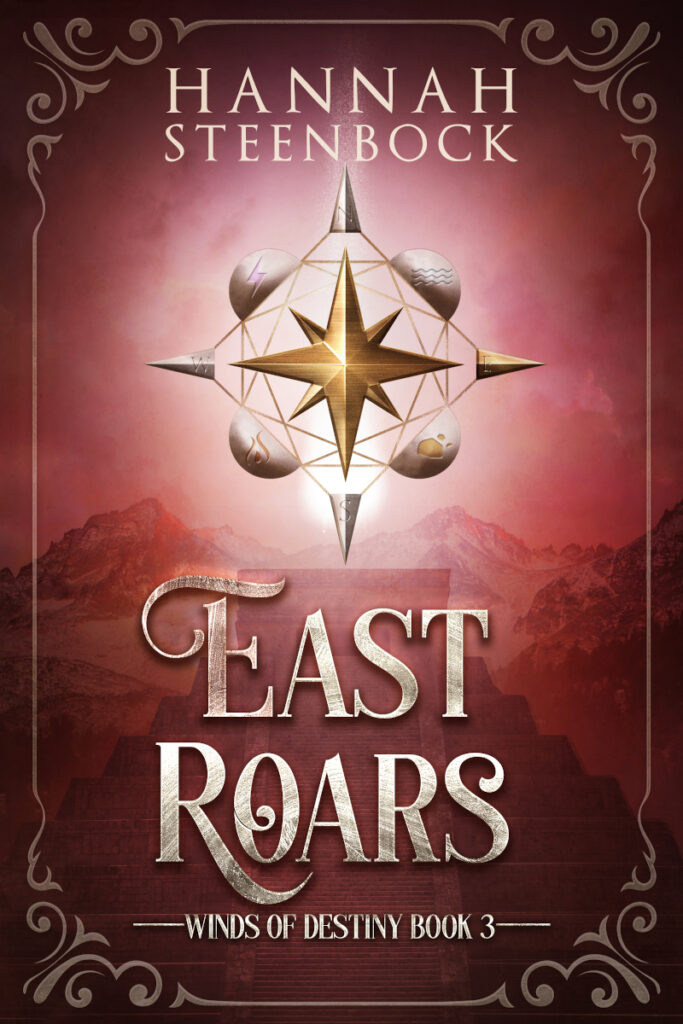
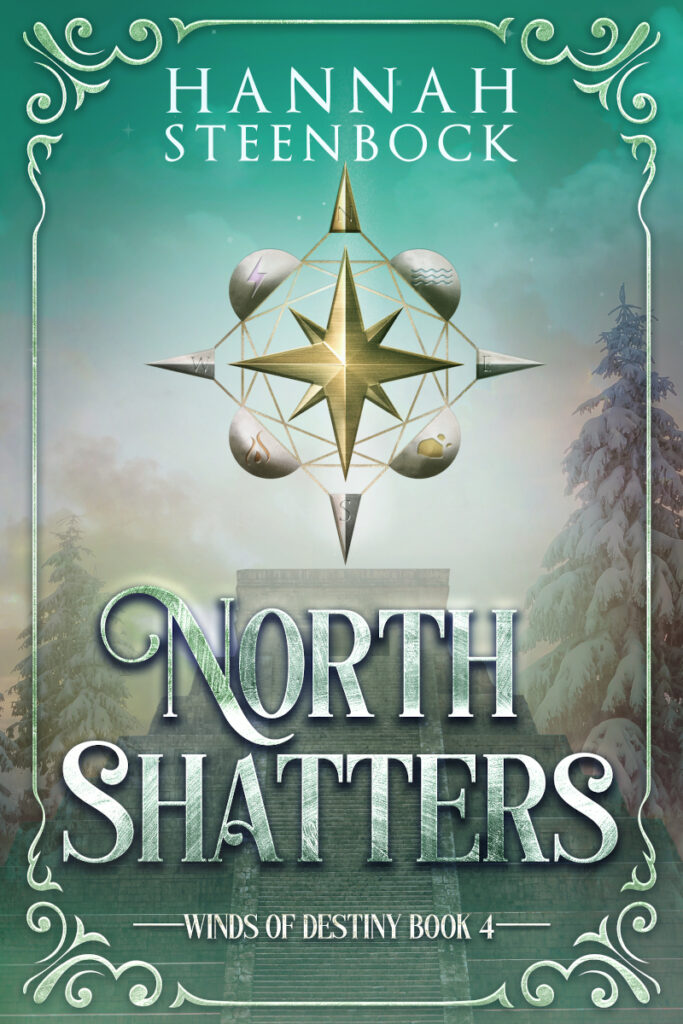
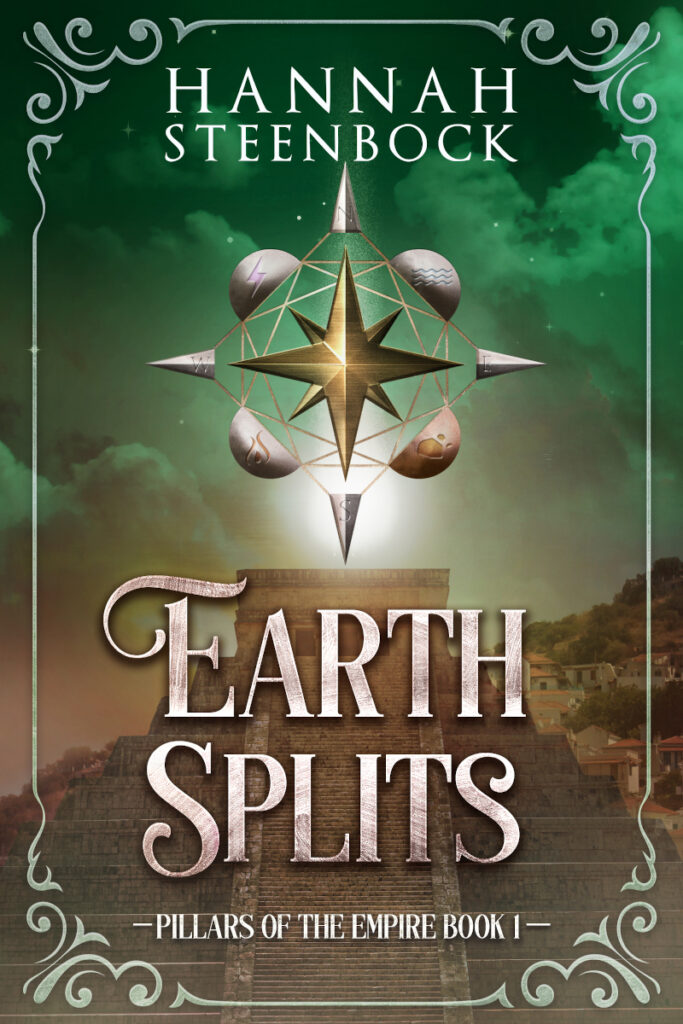
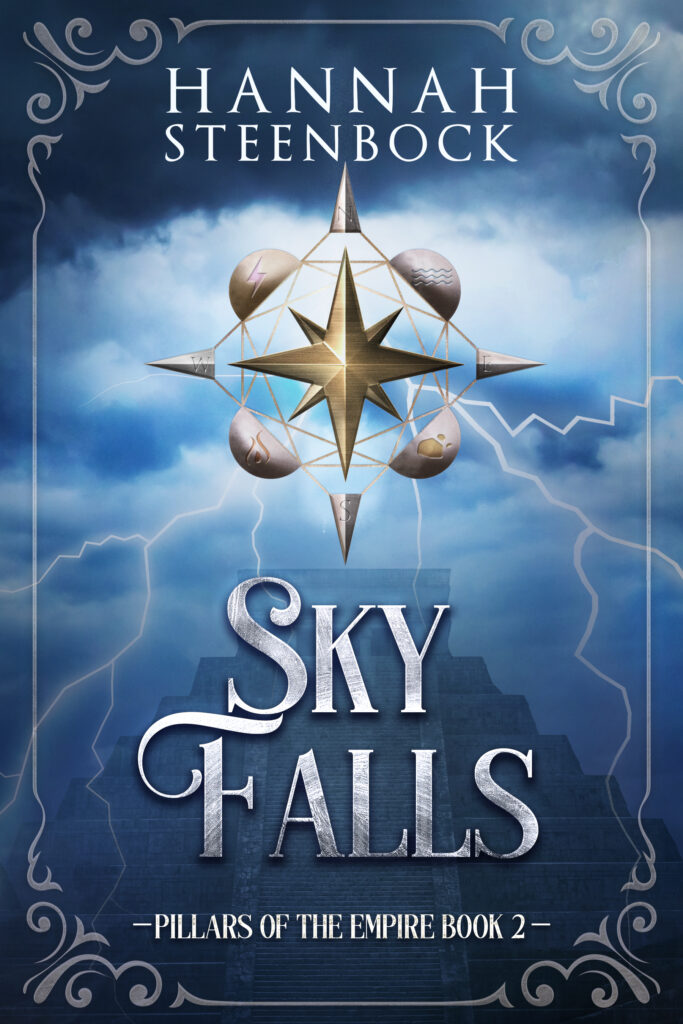
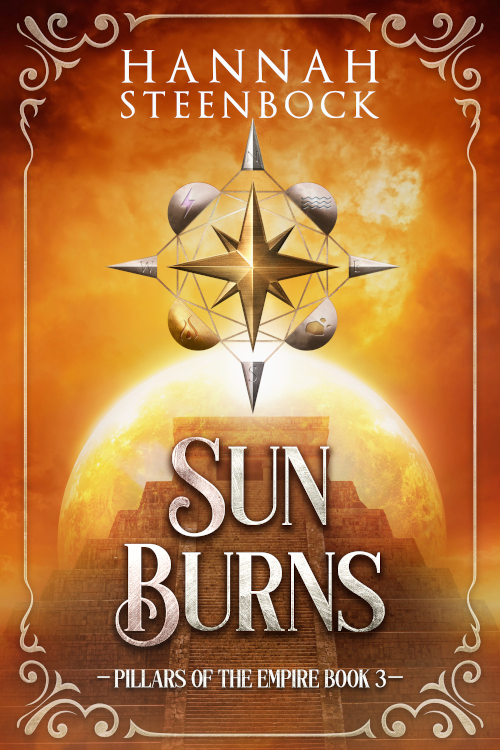
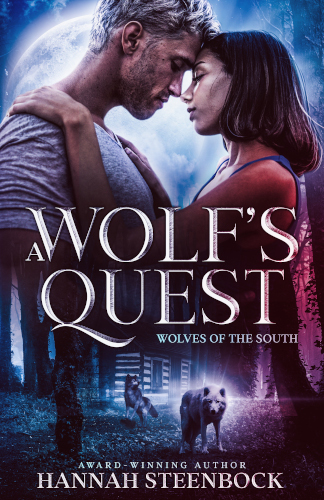
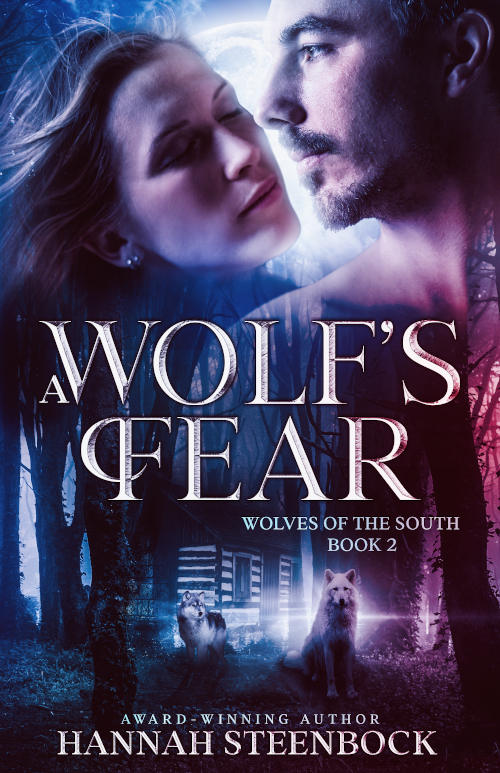
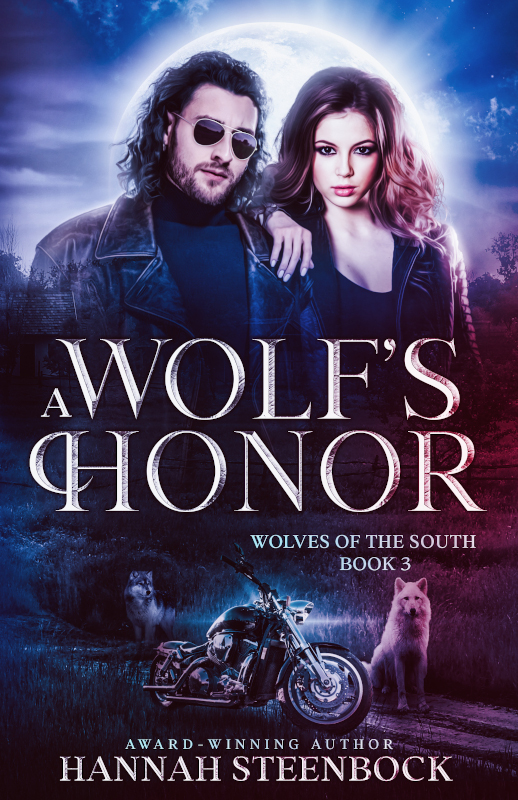

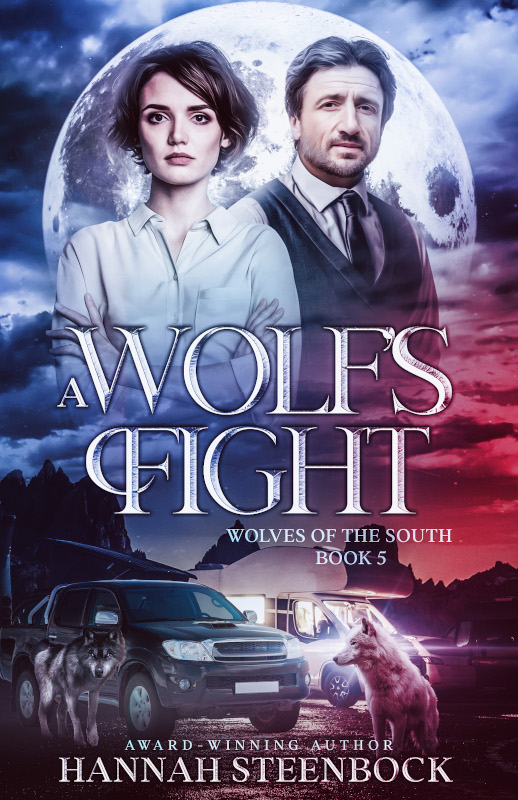
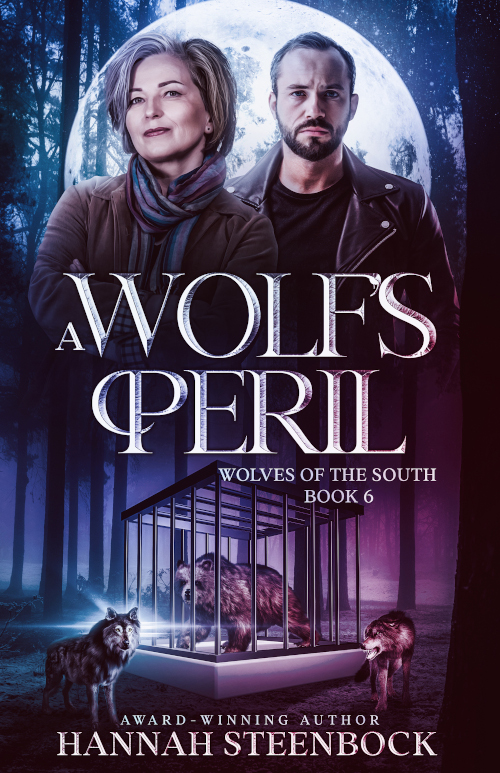

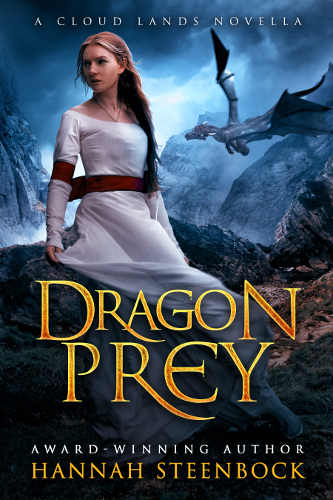
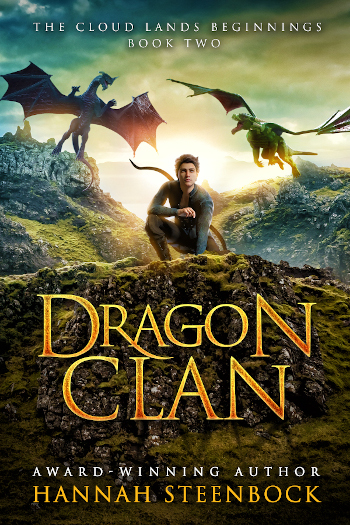

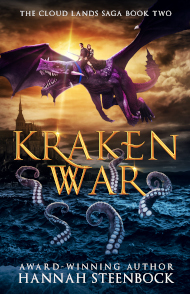
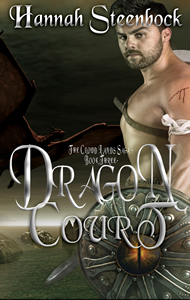


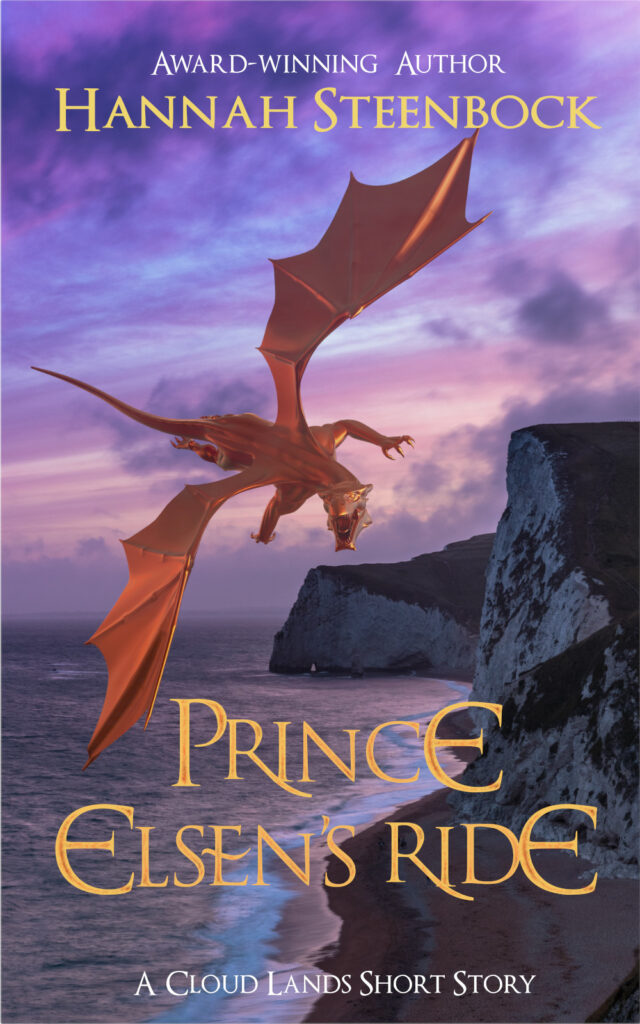
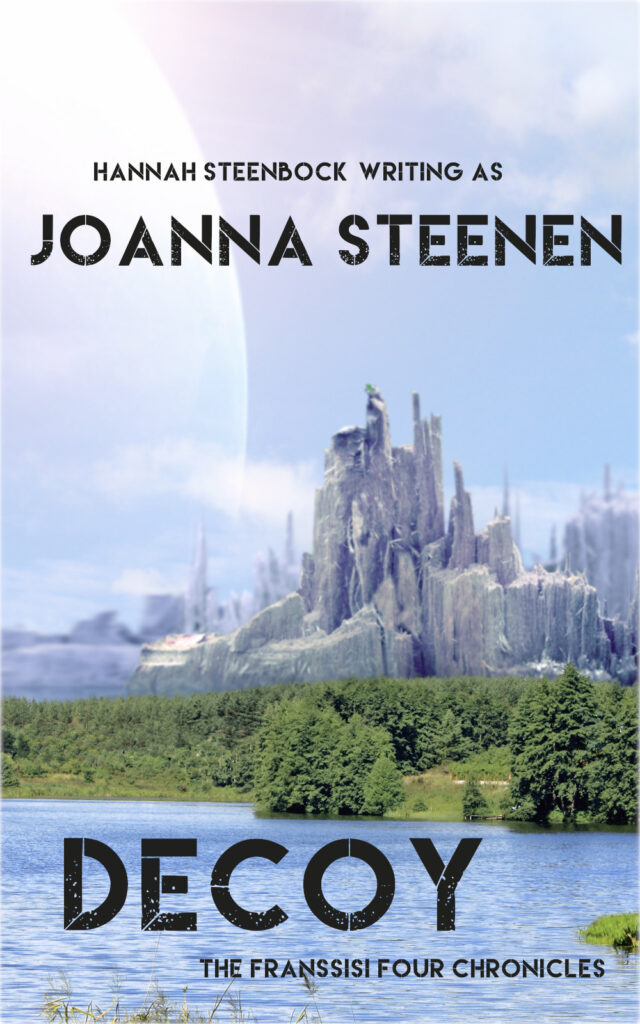
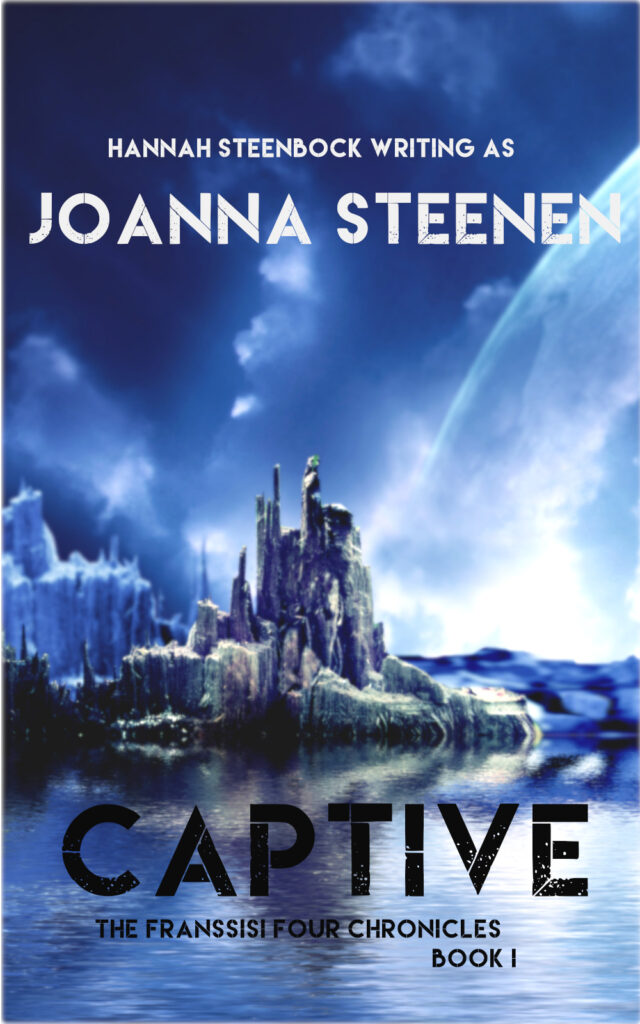
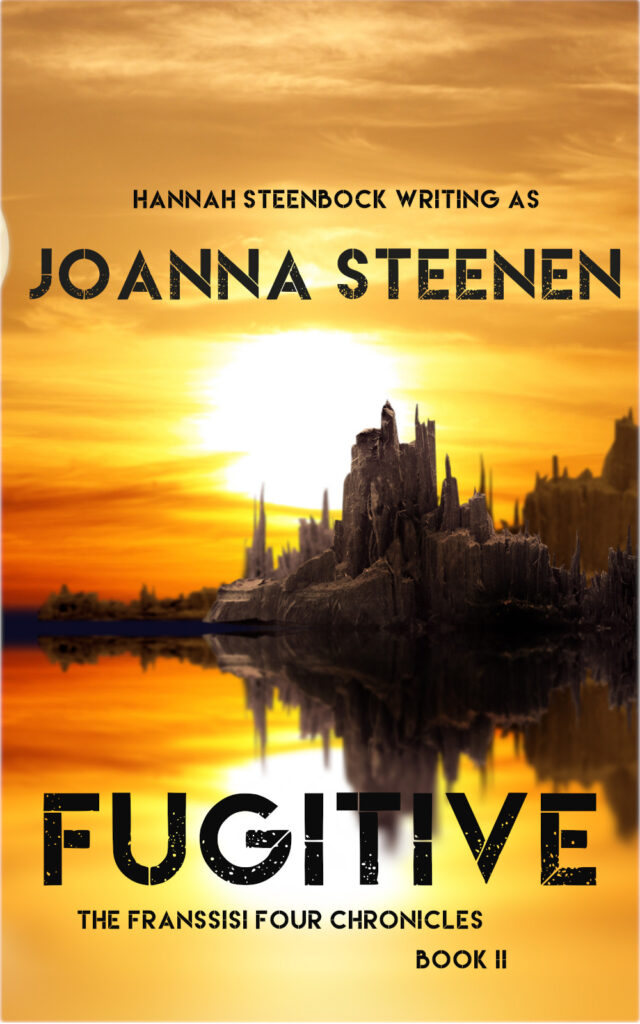
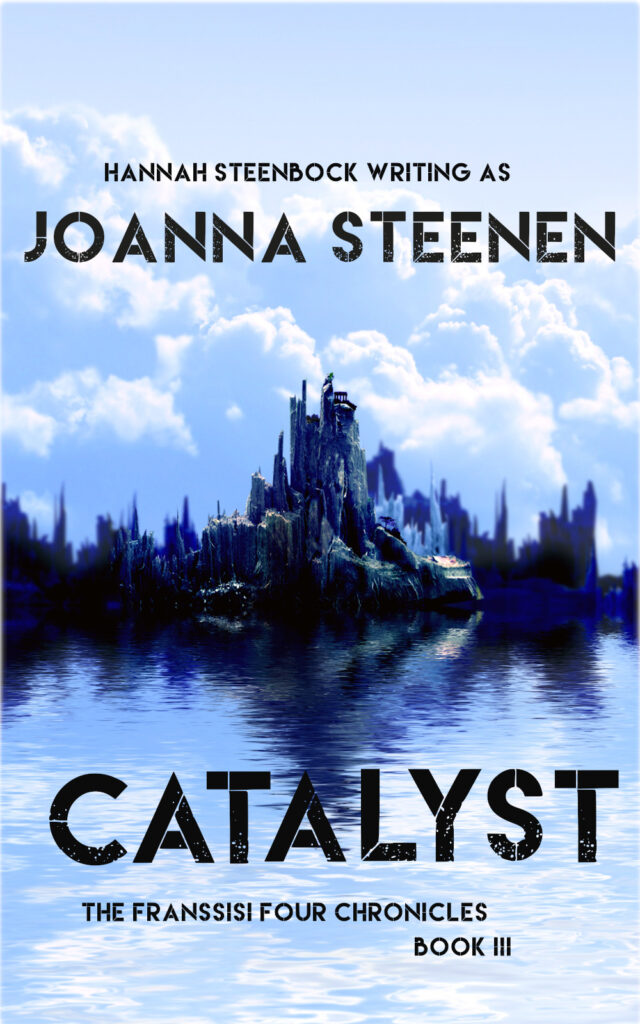
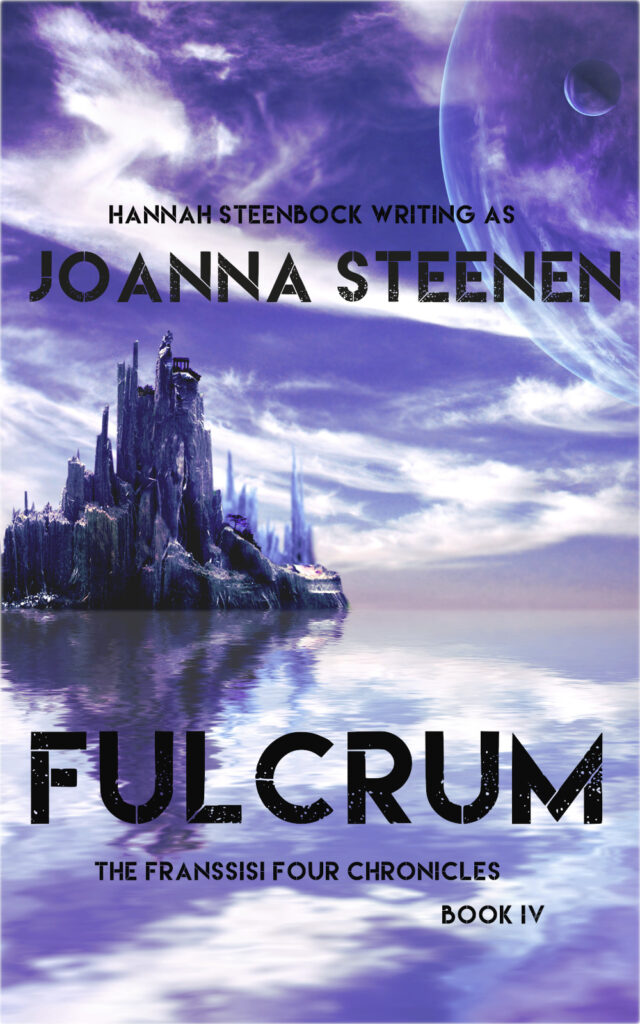
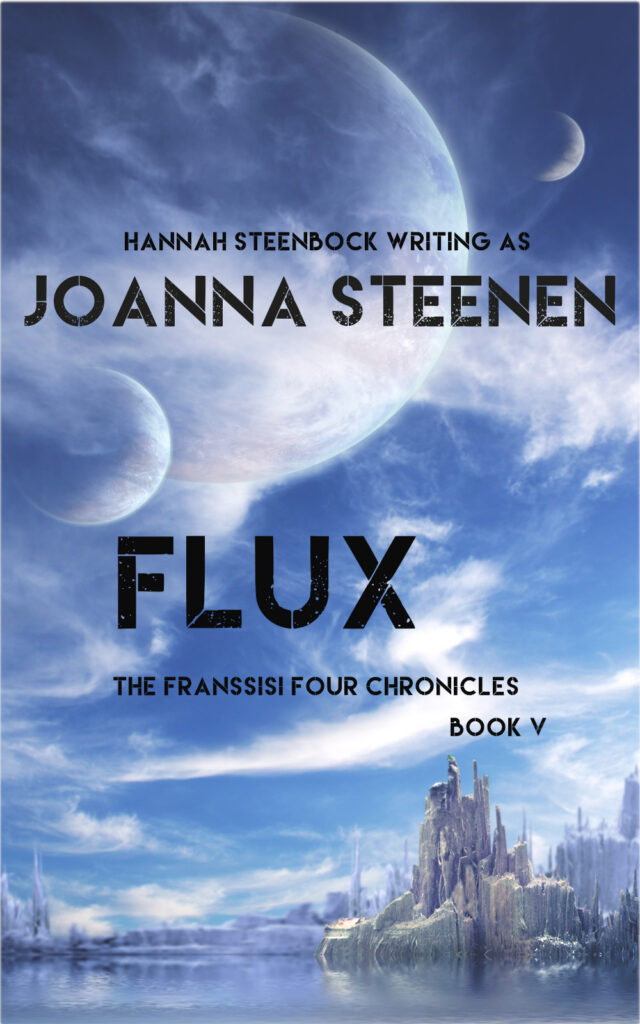


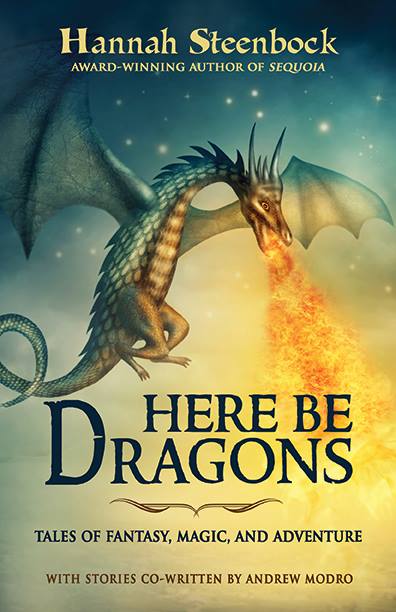

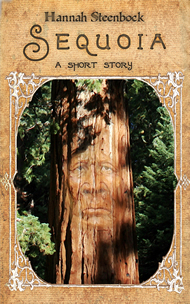
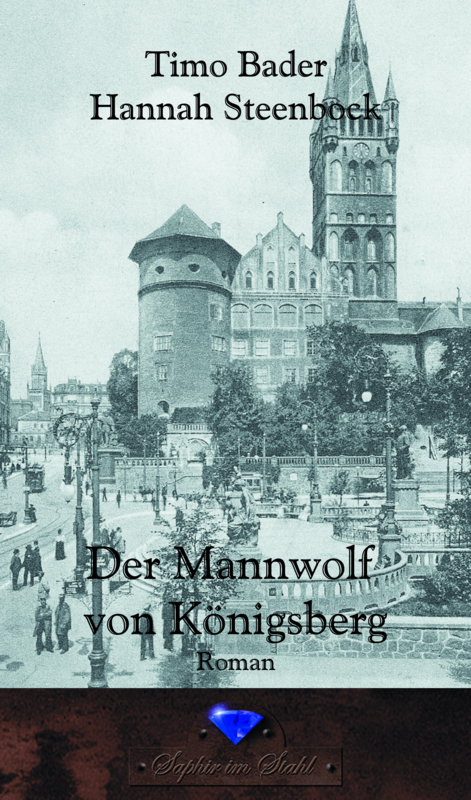

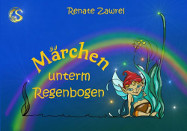
An interesting article … very worthwhile reading for all indie authors. I would be interested to know what sort of percentage of their revenue other Authors get from other outlets by going wide.
I have been involved in publishing 3 Anthologies … which contain contributions from Hannah … because of the complexity of extracting the KU payments from other books we went wide.
Sales vis D2D distribution (Kobo, Apple etc) are about 10% of the value of sales via Amazon.
My KDP payments are about 25% of my income … Is that unique? Am I minority getting such a high percentage … or are the Anthologies not selling as well on other platforms as the majority of other peoples books?
Thank you, Ted.
I use ScribeCount to tally my sales from all the different vendors, although it’s basically KDP, GP and D2D (often enough libraries, through them). You’d need to pull direct reports from KDP to separate out the anthology earnings, they do break down earnings per book and per store.
Most months, KDP is clearly in the lead (especially when I run a promo to my free books), but I’ve had others where GP made up 60% of my income from my books. Full disclosure, I don’t make much – I just started pulling in very low 3-figures in the last few months. However, I wouldn’t be doing even that without GP.
With the anthologies… I dare say it’s the covers, they are sweet but not enticing. And nudism is a difficult topic to sell in any store.